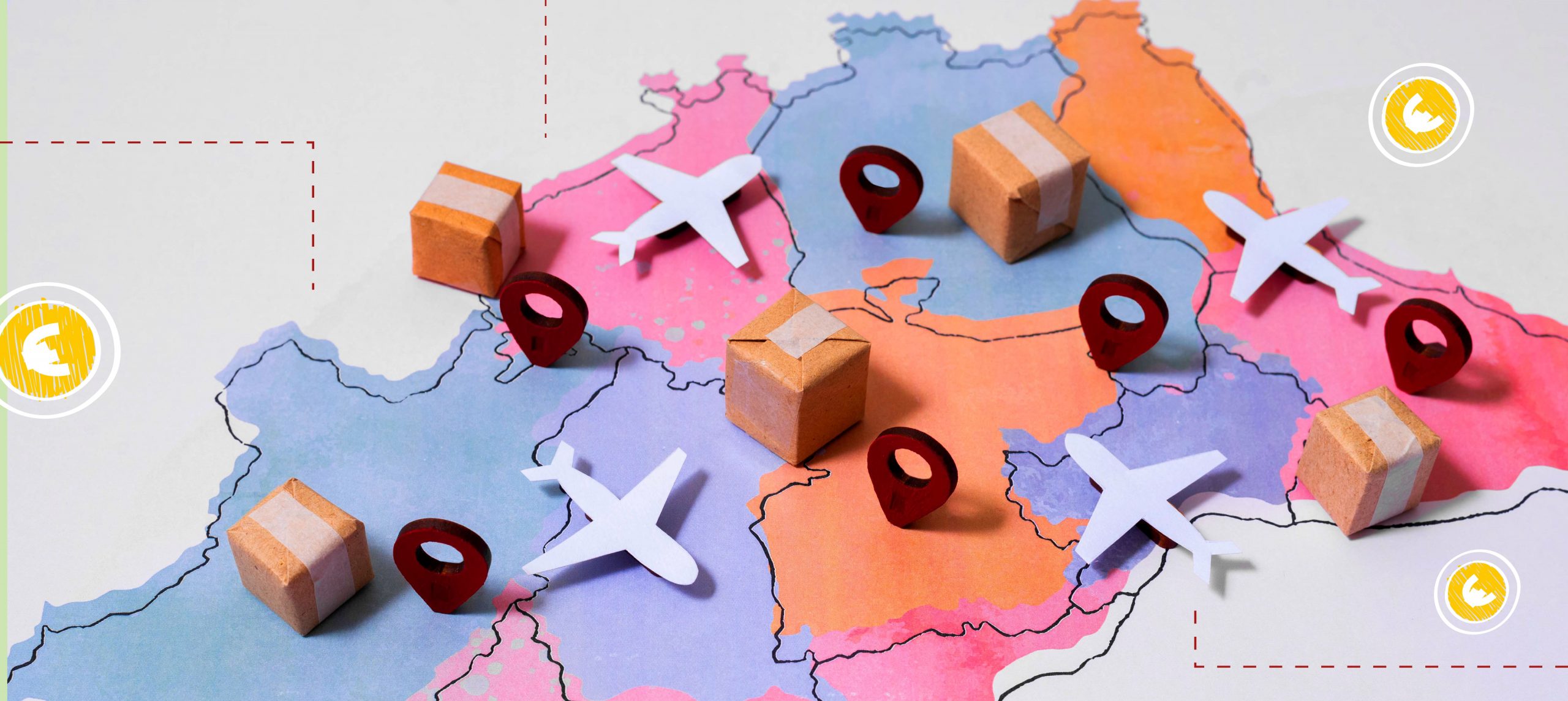
Customs duties have existed for centuries and are economic tools used by States to control trade. Born as taxes on imported goods, they aimed to protect local economies and increase public revenues. After the Second World War, many countries began to favor free trade, gradually reducing these barriers thanks to international agreements such as the WTO. Today, however, in an unstable global context, customs duties have forcefully returned to the spotlight. Let’s therefore try to understand what duties are, why they are applied, and what effects they can have on markets, businesses, and consumers.
What Are Duties?
Duties (or customs duties) are taxes that a State applies to goods entering its territory. They serve to regulate the trade of goods with other countries and increase the price of imported products. They are tools used since ancient times: already in the Roman Empire, there were rudimentary forms of taxation on goods in transit moving from one city to another.
Depending on the context in which they are applied and the objectives of a State, a duty can have different functions. If the goal is to collect money for public coffers, it is called a fiscal duty. When it serves to protect national businesses from foreign competition, it is called a protective duty. There are also anti-dumping duties, applied when a foreign product is sold at too low a price, risking damage to local producers. Finally, retaliatory duties are a response to similar measures adopted by other countries and fall within what is defined as a “trade war”.
What Effects Do Duties Have?
Duties change the way products move around the world and can influence the prices we pay to buy them. If a country imposes a duty on an imported product, that product becomes more expensive. People might therefore choose to buy local products, which do not undergo a price increase. Moreover, companies that use imported materials to produce their goods (whether they are tools, machinery, or raw materials) could find themselves in difficulty and have to increase the selling prices of their products in order to sustain production costs. All this affects the inflation of the country that imposed the duties, which will most likely rise.
Understanding what happens in the world and knowing what duties are is fundamental to realizing the significant impact they have on daily life: they influence not only product prices but also business decisions and relations between States.
Would you like to discover other economic concepts explained simply?
Follow the blog of the Museum of Saving and visit the website www.museodelrisparmio.it.
April 16, 2025
